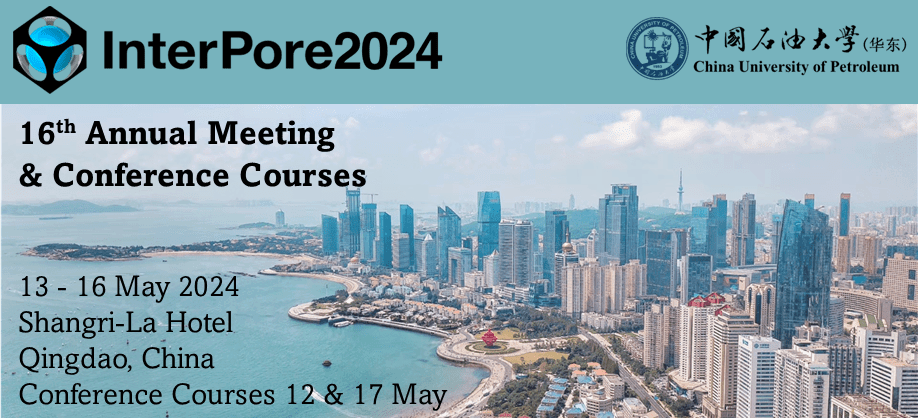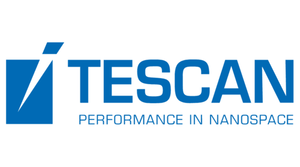Speaker
Description
Modern 3D imaging provides a window to the microstructure of soil and rocks, and recent advances in experiments, simulation and data science can improve our understanding of how these materials influence the world around us. The Digital Rocks Portal (DRP, https://www.digitalrocksportal.org) is the first platform of its kind for porous media images’ management. It has an impressive collection of experimentally captured multiphase x-ray microtomography configurations. The open science materials surrounding the platform follow Dr. Wildenschild’s vision closely.
History of the portal: It is less known is that the precursor of the portal was inspired by Dr. Wildenschild. Drs. Wildenschild, Peszynska and Prodanovic recognized in 2008 and had many discussions on the need for validation and comparison of experimental, theoretical and numerical approaches. We organized a Wiki page Pore Scale Benchmark project 2009-11 (now deprecated) with links and descriptions of related data and code. The data required dedicated storage and support, however, beyond what a wiki page is meant to provide: open science is not free, and requires resources. This project was a pre-cursor of Digital Rocks Portal which went live in 2015 with the help of two National Science Foundation (NSF) grants and you can find many of Prof Wildenschild’s datasets on DRP.
History of short courses: Prof. Wildenschild is a visionary educator. Once upon a time in 2010, and despite an explosion of available x-ray microtomography and SEM images providing insight into rock microstructure, structured courses on image-based quantification within relevant graduate programs were mostly unavailable. Prof. Prodanovic approached Prof. Wildenschild and Prof. Sheppard (Australian National University) with an idea to teach a short course on image analysis in porous media in 2010. We together created the first short course and workshop in July 2011 at The University of Texas at Austin. The course was repeated in 2013 at InterPore Society Annual Conference 2013 and was one of the first InterPore short courses. We all separately developed full length graduate courses at our home institutions, followed by the courses taught connected to both Digital Rocks Portal platform and InterPore Academy.
Present: DRP has an active community that publishes and reuses the data, most recently in multiple machine learning applications. We have 155+ published datasets (projects) cited in 210+ published papers and are expanding the scope to curate energy storage materials. The platform has been rebuilt on the new infrastructure in Texas Advanced Computing Center from Jan to May 2024.
Future: We present the new digital porous media open source software tools related to the portal. Those include: gray-scale image processing, and visualization; an automatic scale-independent method for classifying rock heterogeneity of binarized images; (2) velocity field analysis and visualization, (3) flow simulation and (4) machine/deep learning. We are thus close to having an open science environment for cross-validation and data-driven upscaling of microstructure properties in subsurface engineering, material science and geosciences.
| References | https://www.digitalrocksportal.org/ |
|---|---|
| Country | United States |
| Conference Proceedings | I am not interested in having my paper published in the proceedings |
| Acceptance of the Terms & Conditions | Click here to agree |




.jpg)
